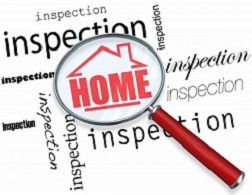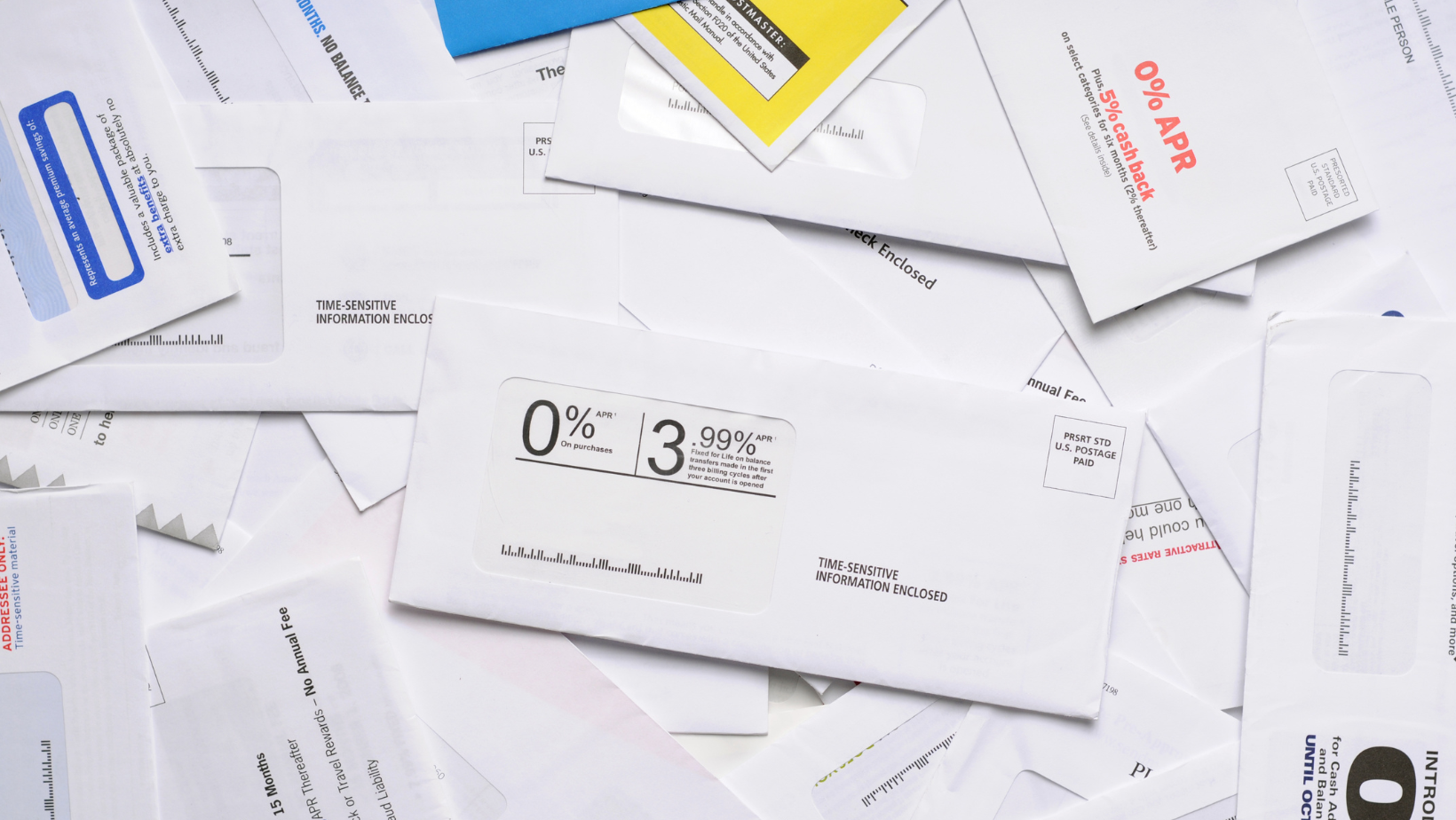What’s Ahead For Mortgage Rates This Week – February 21, 2023
 Last week’s economic news included readings on housing markets, inflation, retail sales, and data on housing starts and building permits issued. Weekly readings on mortgage rates and jobless claims were also published.
Last week’s economic news included readings on housing markets, inflation, retail sales, and data on housing starts and building permits issued. Weekly readings on mortgage rates and jobless claims were also published.
NAHB: Homebuilder sentiment improves in February
The National Association of Home Builders reported higher builder confidence in current U.S. housing market conditions with an index reading of 42 for February; Analysts expected a reading of 37 and January’s reading was 35. NAHB index readings over 50 indicate that most home builders have a positive view of housing market conditions.
Factors influencing positive builder sentiment included lower mortgage rates and expectations of less severe winter weather conditions as spring approaches. February’s reading was the second consecutive month for improved builder sentiment since September 2022; and was the first time builder sentiment improved at its current pace since June 2013. The NAHB said in its statement that “the housing market may be turning a corner.”
In related news, The Commerce Department reported that 1.34 million building permits were issued in January, which fell short of the expected reading of 1.35 million building permits issued and matched December’s reading. Year-over-year housing starts were reported at 1.31 million starts in January; analysts expected a reading of 1.35 million housing starts and December’s reading showed 1.37 million housing starts.
January retail sales rose by 3 percent and exceeded expectations of a 1.9 percent increase in retail sales and surpassed December’s negative reading of -1.1 percent. Retail sales excluding the automotive sector rose by 2.3 percent in January and exceeded expectations of a 0.9 percent increase and December’s negative reading of -0.9 percent.
Mortgage rates rise as jobless claims fall
Freddie Mac reported higher average mortgage rates last week as the rate for 30-year fixed-rate mortgages rose by two basis points to 6.32 percent. The average rate for 15-year fixed-rate mortgages rose by 15 basis points to 5.51 percent.
First-time jobless claims fell to 194,000 initial claims filed last week as compared to the expected reading of 200,000 claims filed and the prior week’s reading of 195,000 first-time claims filed. 1.70 million continuing jobless claims were reported last week as compared to the previous week’s reading of 1.69 million ongoing claims filed.
What’s ahead
This week’s scheduled economic reporting includes readings on sales of new and previously-owned homes, minutes of the February 1 meeting of the Federal reserve’s Federal Open Market Committee, and monthly data on inflation and consumer sentiment. Weekly readings on mortgage rates and jobless claims will also be released.
 There’s a whole lot to learn when buying one’s first home, an investment that can bring joy, but sometimes, grief. A competent real estate agent can assist in locating those homes that meet the home buyer’s needs and can advise on factors such as market value of the home and neighborhood services. The agent will help the buyer through the negotiation and purchase process. But the buyer should take responsibility to make sure that the steps below are taken.
There’s a whole lot to learn when buying one’s first home, an investment that can bring joy, but sometimes, grief. A competent real estate agent can assist in locating those homes that meet the home buyer’s needs and can advise on factors such as market value of the home and neighborhood services. The agent will help the buyer through the negotiation and purchase process. But the buyer should take responsibility to make sure that the steps below are taken. Congratulations! You have finally closed on your home loan, and you are excited to get moved in. Or, you may have just refinanced your home, and you are excited to enjoy it. Regardless, all of a sudden, you start to get a bunch of junk mail in your mailbox. It can be frustrating to sort through everything, and how did they get your information in the first place?
Congratulations! You have finally closed on your home loan, and you are excited to get moved in. Or, you may have just refinanced your home, and you are excited to enjoy it. Regardless, all of a sudden, you start to get a bunch of junk mail in your mailbox. It can be frustrating to sort through everything, and how did they get your information in the first place?